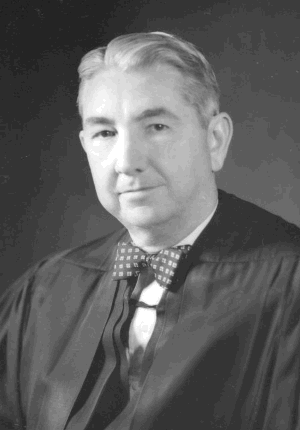Summary
In Mapp, police officers entered Dollree Mapp’s home without a search warrant and found obscene materials there. Mapp was convicted of possessing these materials, but challenged her conviction. Mapp was part of the Warren Court’s revolution in criminal procedure, whereby the Court applied provisions of the Bill of Rights to criminal defendants and made those interpretations applicable against the states. In particular, this case found that the exclusionary rule, which prohibits prosecutors from using evidence acquired illegally in violation of the Fourth Amendment, applies to both federal and state governments.







